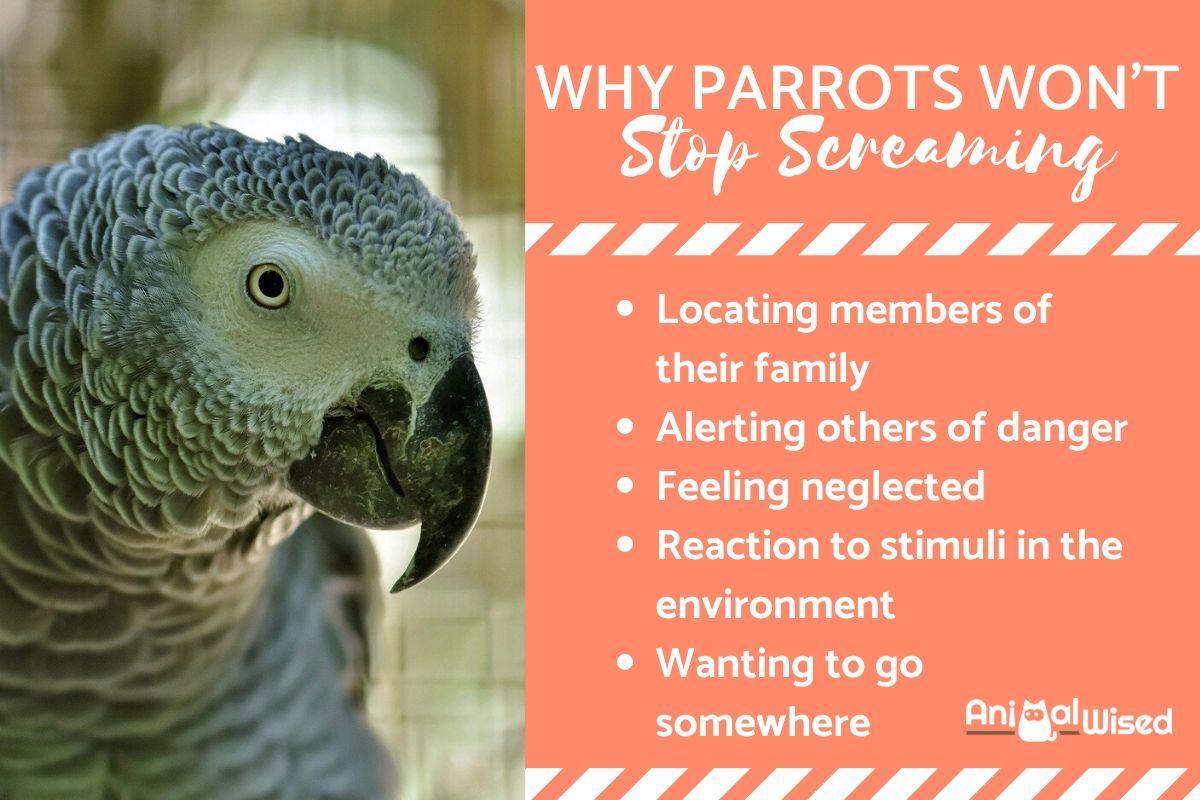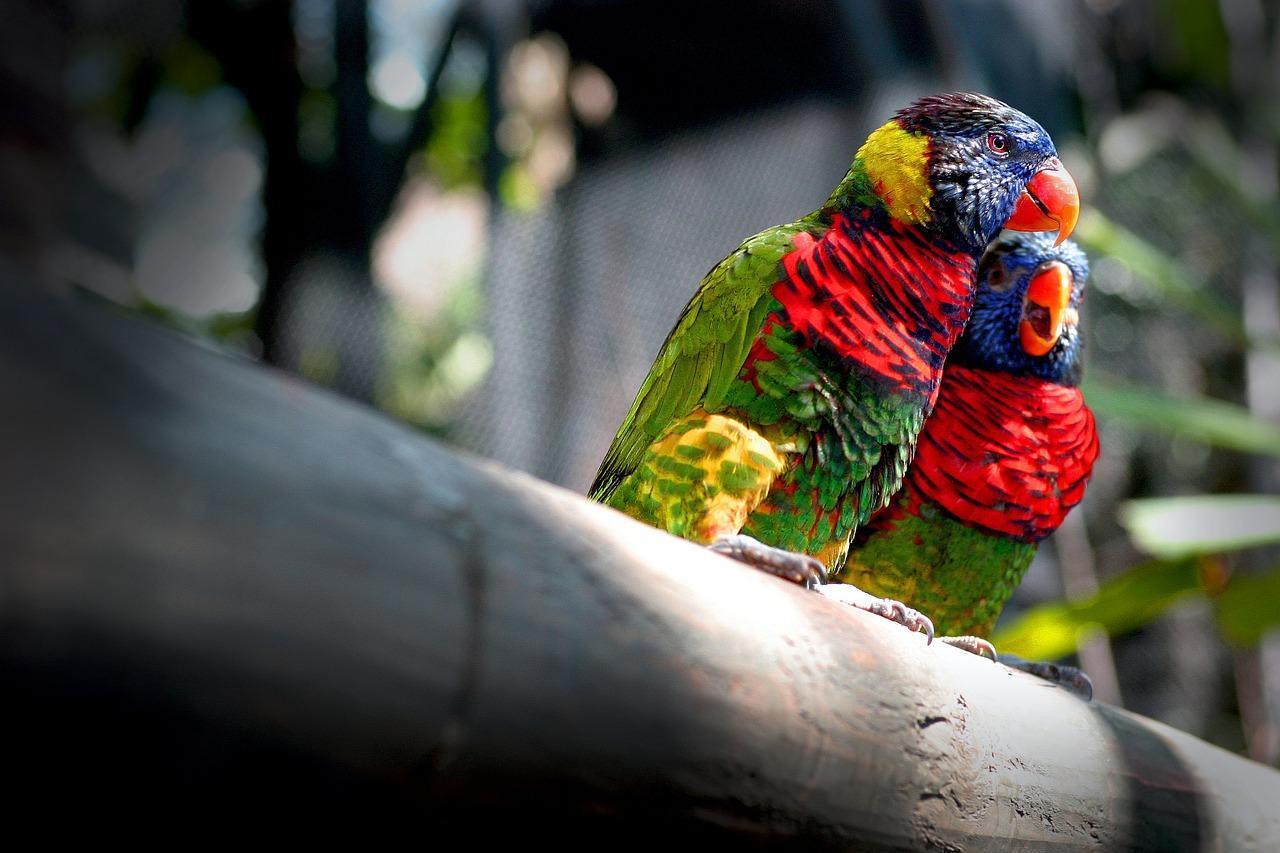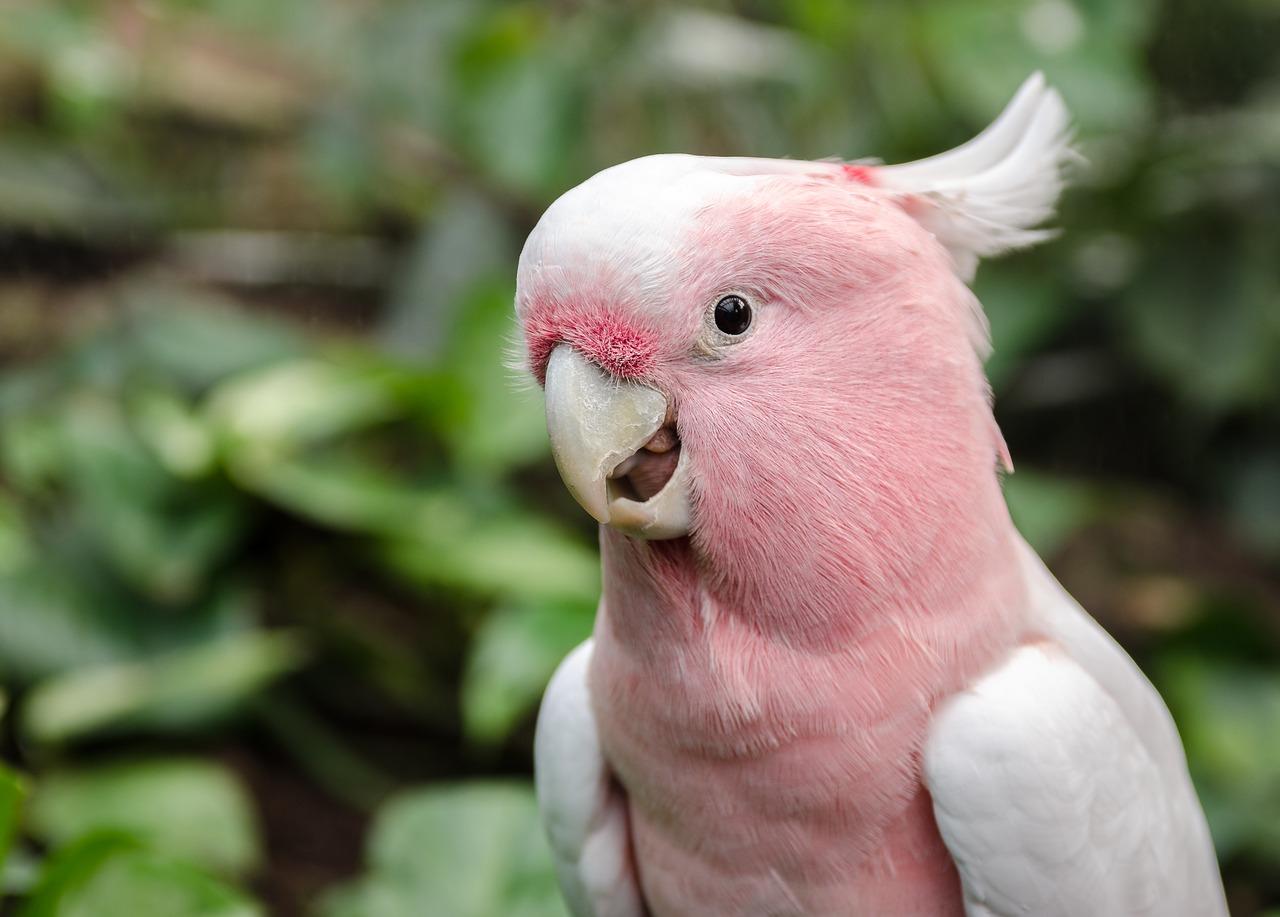My Parrot Won't Stop Screaming

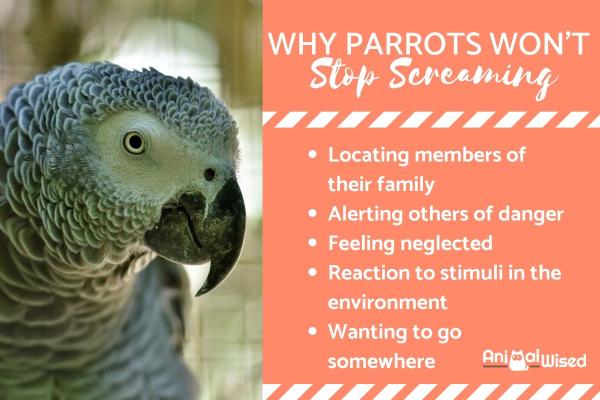
If you decide to adopt a bird as a pet, you will need to except some level of noise. Parrots in particular are vociferous animals. They will create levels of background noise as they try to communicate with others in their environment. Even birds which live alone will call to birds a distance away or even their human guardians. This relates to the behavior of wild parrots. Communication is important as they live in flocks and need to coordinate as individuals within a group. Although a healthy bird will make noise, if a bird is screaming all the time, it implies there is a problem.
AnimalWised looks at the reason behind why your parrot won't stop screaming. We explain why parrot vocalization is so important, but also why we need to understand what birds are trying to communicate with us.
Why do parrots scream?
Before we start, it's important to point out there are different types of parrot vocalizations. Screaming is just one of them. Parrots can also chirp, chatter, click their beak and even talk like a human. The screaming sound can be of varying tones and frequencies. One common type is when parrots squawk, an often loud sound which can be quite piercing.
If a parrot is screaming, they are usually doing it for one of the following reasons:
- Locating members of their family
- Alerting others of danger
- Feeling neglected
- Reaction to stimuli in the environment
- Wanting to go somewhere
In the following sections, we break down each of these reasons why your parrot won't stop screaming. We also look into what we as parrot guardians need to do when their screaming is abnormal.
Locating members of their family
A parrot in captivity will share many of the same behaviors of their wild cousins. In the wild, flocks of birds need to call out to each other for various reasons.
Birds in captivity will also need to communicate. If they share a cage or there are other birds, it is understandable they will scream to communicate with each other. They will also call out to other members of their family, including we humans. Birds are more social than we often give them credit for, so don't be surprised if they scream because they want to spend time with you.
To better understand specific bird sounds, you may wonder why do birds chirp at night?
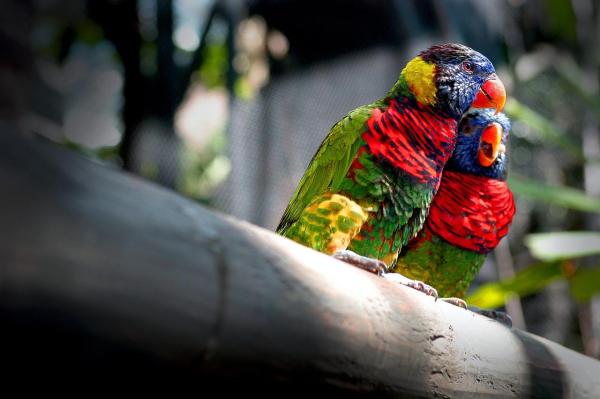
Alerting others of danger
While we have explained that birds will vocalize to communicate with members of their group, whether human or bird, we have not explained why. Screaming to other birds can be used to communicate a variety of messages. This could be information about locating food, finding a mate or even simply wanting social interaction.
However, screaming is often quite a strong reaction to stimuli. For this reason, a parrot may not stop screaming because they perceive a danger such as:
- New object in their environment
- Presence of a stranger
- Sudden noise
- Presence of a perceived predator
- Other birds outside the window
- Cars outside
- Someone walking past your window
It is normal for a parrot to let out warning screams at various times at threats both perceived or real. However, if the screaming is constant and never stops, you need to review their environment. Find out which stimuli might be causing them to react and try to remove it.
Feeling neglected
Parrots are gregarious animals, meaning not only do they live in groups, but they do not survive well being on their own. This leads many people to wonder whether lovebirds can live on their own, for example. Without stimulation from others, parrots can quickly become bored and crave attention. Repetitive screaming is a means to get this attention.
The needs of parrots have to be well-catered to if we are to ensure their well-being. Paying them enough attention is one such need. However, we should also exercise caution. If we pay attention to the bird every time they scream at us, they may learn that screaming loudly gets them what they want. The incessant screaming might become worse in this instance. This is why training parrots is not only possible, but essential in many case.
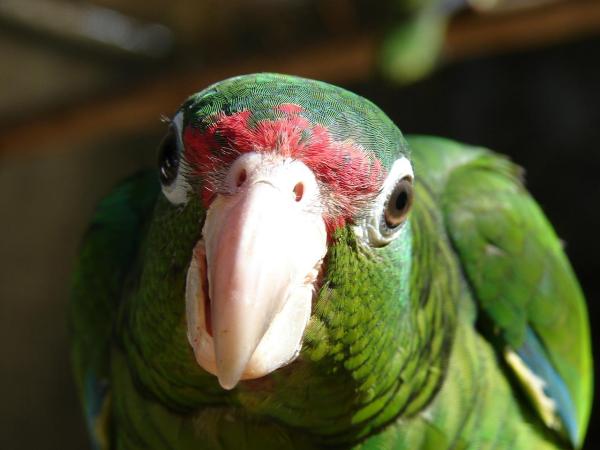
Reaction to the environment
Screaming in parrots is not always related to a perceived threat. There are other stimuli in an environment which may lead to loud vocalization. There are also things which may interest or annoy them. If we have young children in the home who scream, parrots may retaliate with their own. A dog barking may evoke a similar reaction. They may not think of these things as a threat, but screaming is a way of interacting.
Not all stimuli is visible. If we keep our parrot in a cage beside a draft, somewhere that is too cold or somewhere too loud, it can cause the parrot stress. Screaming in this context is a reaction to these stressors. If we do not remove them from their environment or create a more parrot-friendly living space, they may develop pathological screaming.
As a note, if we try to stop our parrot from screaming by shouting at them, it will likely be counterproductive. You will only cause further stress and the bird may even think you are trying to communicate via screaming.
Wanting to go somewhere
A parrot with clipped wings needs someone to serve as a means of transportation. Since their natural flying behavior has been curtailed or severely limited, they may scream out of frustration. A parrot screaming may be requesting you move them to a certain place since they cannot do it themselves.
Some people think clipping a bird's wings is cruel and we generally agree. Letting them retain their normal mobility allows them to retain at least some of their wild behaviors in the domestic environment. Limiting their mobility can lead to depression and other behavioral problems, including screaming.
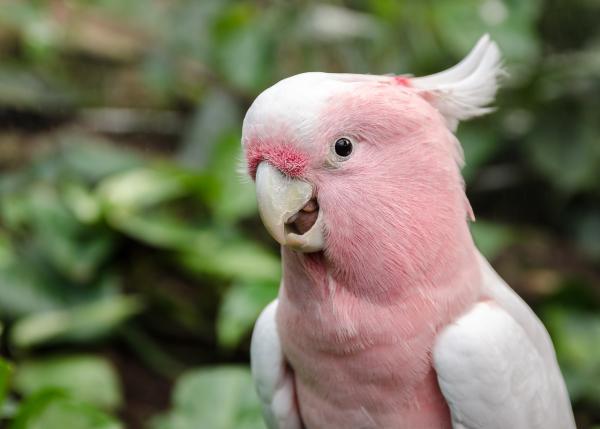
What to do if a parrot keeps screaming
Since screaming is part of a bird's normal vocalization, it is important we first differentiate between problematic screaming and healthy vocalization. Tweeting, chirping and other noises are normal, so too is screaming in certain contexts. Screaming is a problem when it infers the parrot is in distress or is overreacting to certain stimuli. While it can be very difficult to determine what it may be, parrots will not scream without reason.
The first thing to do if your parrot won't stop screaming is to ensure all of their needs are met. Provide them with a proper diet, spacious cage, comfortable surroundings and suitable environmental enrichment. Also, if your parrot is calling out for company, ensure you provide them with enough of it. Adopting a parrot into your family takes responsibility.
It is also essential that you do not send wrong messages to your parrot. If you yell at them, you reinforce negative behavior. On the contrary, positive reinforcement can be used to promote healthy vocalizations. Do not forget that the parrot is a gregarious animal and does not like solitude. Play with them when they need it, don't let them get bored and ensure you meet all of their health needs. A sick bird may scream, so don't ignore possible symptoms of disease in parrots.
If you want to read similar articles to My Parrot Won't Stop Screaming, we recommend you visit our Behavioral problems category.





